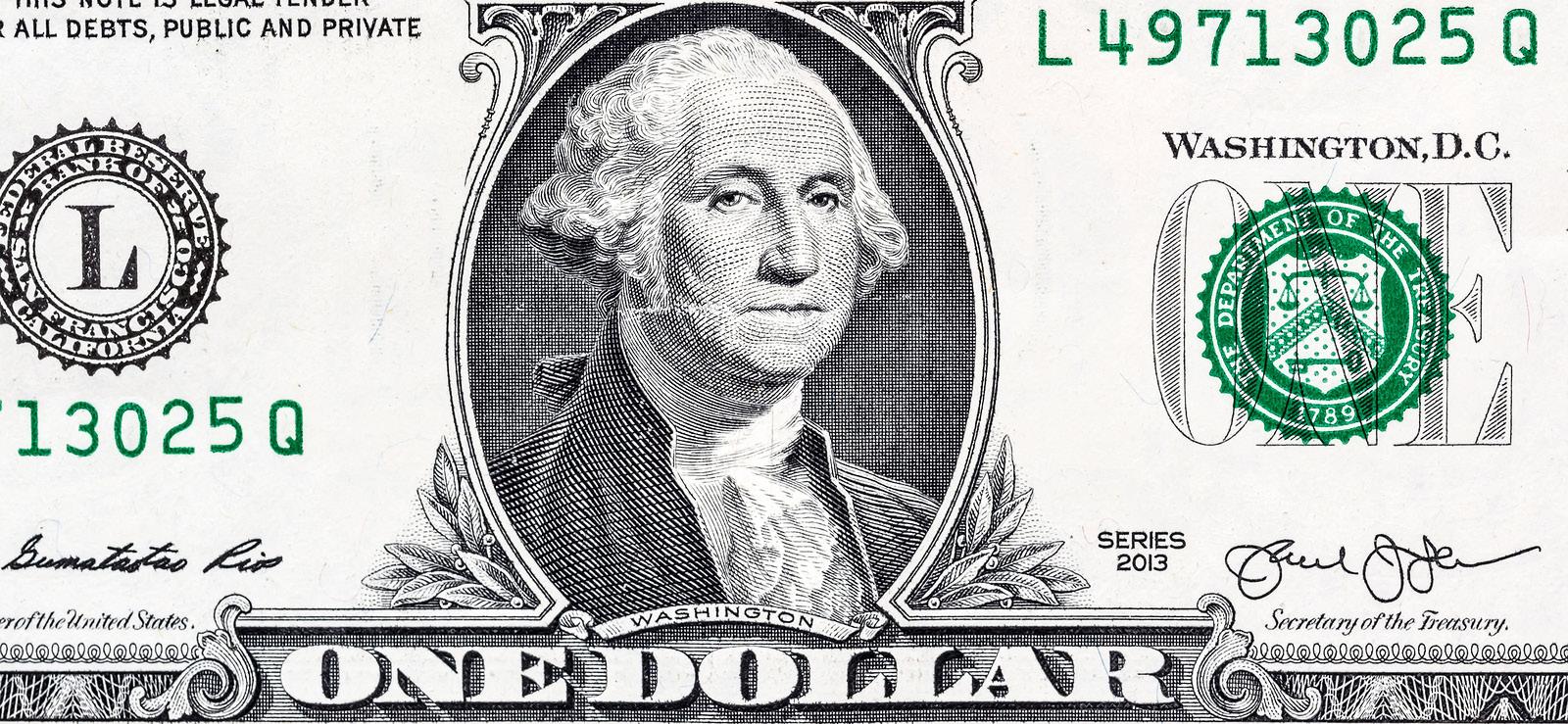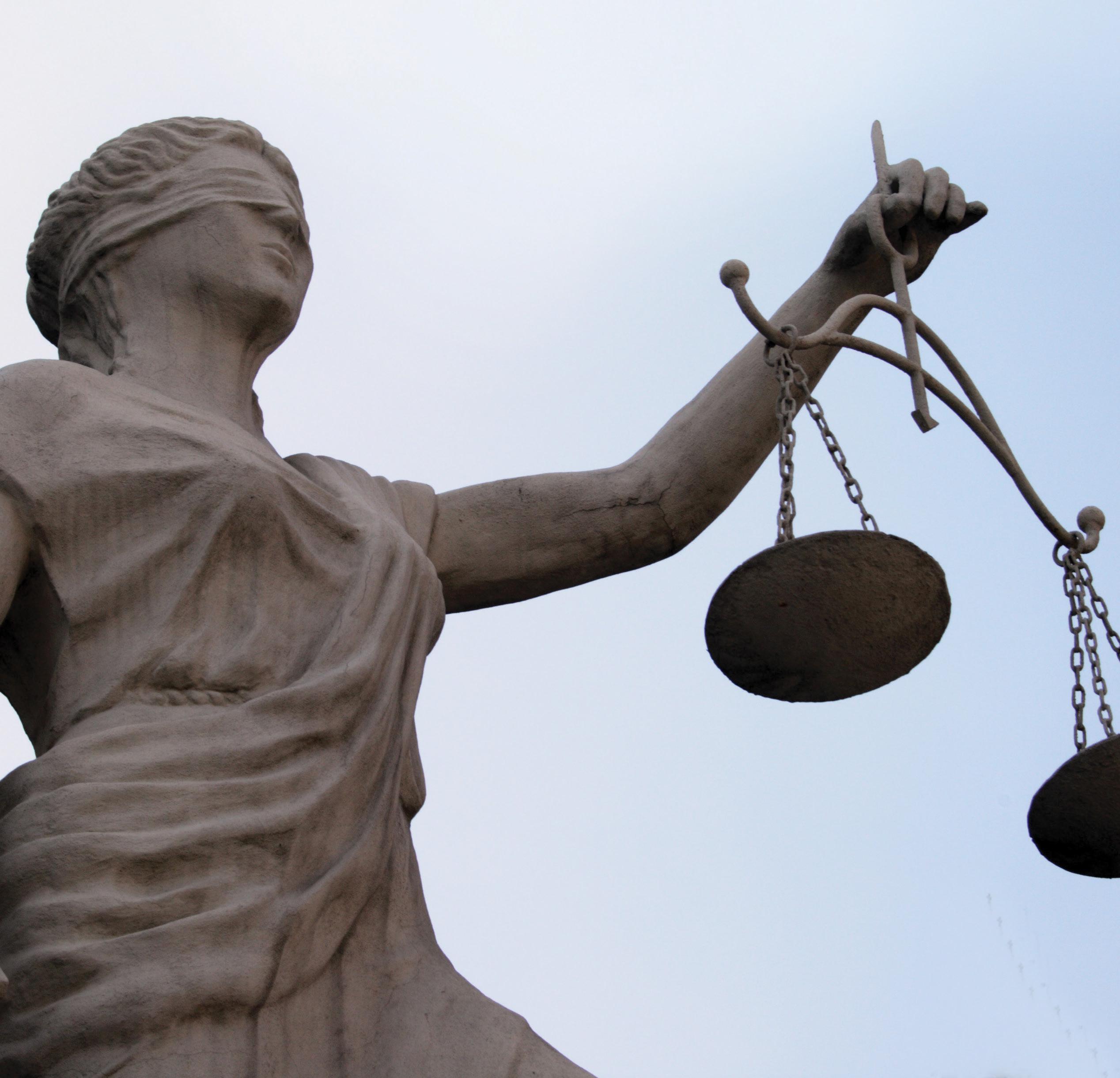
10 minute read
George Washington, The Founding Member
On one of the vacation trips my wife, Rose, and I have taken to New England, touring antique shops, I once spotted a framed document that interested me so much I had to purchase it. It is an 1875 reproduction of the certificate given “George Washington Esquire” by the “United Colonies,” appointing him “General and Commander in Chief of the Army of the United Colonies and of all the forces raised or to be raised by them and of all others who shall voluntarily offer their services and join the said army for the defense of American liberty and for repelling every hostile invasion thereof.” It is dated “Philadelphia June 19, 1775,” and carries John Hancock’s large signature as president of the Congress. 1 I reflected on the fact that, even though it was signed more than a year before the “United Colonies” declared their independence, already George Washington had received the title of “Commander in Chief.”
It is difficult to understand Washington apart from the role he played as the founder of our nation. As Garry Wills has said: “Washington already stood for an entire people, before some observers even suspected there was a people. Before there was a nation—before there was any symbol of that nation (a flag, a Constitution, a national seal)—there was Washington.” 2
As Wills has also said, Washington’s life “verged on legend, even as he lived it, because he had models he was trying to live up to.” However, there were “three great moments” that seemed to sum up his life: “the resignation of his commission as Commander in Chief, his sponsorship of the New Constitution in 1787, and his surrender of the presidency by a farewell address.” 3 The first—and last—of these events are probably the ones that inspired the greatest fame and admiration, then and now. For in almost all the revolutions in world history, the heroic leader did not surrender his powers and authority and return to private citizenship, as did the Roman Cincinnatus. Yet Washington did this twice, once after the war for independence was won, and again after a national government was formed and he had twice been elected to serve as its chief executive. It was this unique restraint that led him to become a sort of secular god (if that is possible) and be revered as the greatest of all Americans. To focus solely on these events, however, should not cause us to underrate what he accomplished as commander in chief in the American Revolution. His role in this cannot be fully ap
preciated if we do not understand the kind of leader he was. Washington was a great leader because of his devotion to the cause, his physical appearance and deportment, his courage, his perseverance, his ability to inspire, and his wise selection and leadership of subordinate commanders. He was probably not the most brilliant general. He made mistakes and lost battles. When he was successful, it was often because he listened to subordinates who were perhaps more talented in devising strategy and tactics, and because he learned from his mistakes. But ultimately, in planning and carrying out the campaign that led to the surrender and capture of Cornwallis’s army at Yorktown (with French assistance), he probably did display military brilliance, though there is little doubt he also showed that quality all great military leaders must have—luck.
Although he was a practical man without all the learning of lawyers like Hamilton, Madison, or Jefferson, Washington profited from their contributions while serving as president and as leader of the movement to draft and adopt the Constitution. His thinking was a product of the Age of Reason and the Enlightenment in which he lived, which led him to envision America becoming a republic reminiscent of Rome, with leaders who inspired citizens by their moral examples of civic virtue.
This included the view that the United States was to be a nation with full religious liberty and separation of church and state. I once visited the oldest synagogue in this country, the Touro Synagogue in Newport, Rhode Island, which I learned the President Washington had visited in 1790. He wrote a letter shortly thereafter to the Jews who worshipped there, stating that US citizens should be proud “for having given mankind examples of an enlarged and liberal policy… worthy of imitation,” in which “[a]ll possess alike liberty of conscience and immunities of citizenship.” The letter goes on to say that the US Government “gives to bigotry no sanction, to persecution no assistance,” and “requires only that they who live under its protection should demean themselves as good citizens in giving it on all occasions their effectual support.” 4 A key to what Washington intended, and did, in all the roles he played in our nation’s founding, was that he acted to unify the colonies and helped mold them into a nation. He wanted the colonies to go to war with a national army instead of scattered militia groups; as a military commander he maintained civilian control of the armed forces, recognizing their authority; he lent his prestige to the efforts to adopt a Constitution that would create a stronger national government while avoiding involvement in the divisive debates over specific provisions; and as president he attempted to avoid or resolve the issues creating the factions between Hamiltonians and Jeffersonians (except where he considered the national interest lay on one side of the issue). That he succeeded in his efforts to unify is evidenced by the unanimity in which he was chosen to serve as president.
Although a wealthy Virginia slaveowner, it appears Washington did not morally approve of slavery and did not believe the common prejudice that African-Americans were inferior human beings. He approved of the enlistment of free African-Americans in his army, integrated with the other soldiers. Yet, although he was urged by Lafayette and others to use his prestige to publicly call
for ending slavery, he failed to do so, possibly due to fears that raising the issue would divide the Union of States he was determined to establish, and that it would alienate his wife Martha and her relatives. 5 However, he did provide in his handwritten will for the freeing of the slaves he owned outright, numbering over a hundred, and providing funds for the care of those who were aged and to educate those who were children. 6 That is something none of our other Founders who were slaveholders did.
Obviously, Washington benefitted throughout his life from the unpaid labor of the slaves he owned or controlled, and arguably he should have done more to end this moral wrong and erase this stain on the reputation of the nation. He was imperfect. Yet his greatness in so many other areas is such that I believe every American, regardless of ancestry or ethnicity, should continue to revere him as the Father of our country and one of our greatest men. n
Endnotes
1 The copy is certified by R. Delano, Secretary of the Interior.
2 Garry Wills, Cincinnatu : Ge rge Wa hingt n & the En ightenment, xxi (1984).
3 Id. xxiv-xxvi.
4 Joseph J. Ellis, Hi Exce ency: Ge rge Wa hingt n (2004).
5 Henry Wiencek, An Imperfect G : Ge rge Wa hingt n: Hi S ave , & the Creati n f America (2003).
6 Washington was trustee for about two hundred other dower slaves he acquired by reason of his marriage to Martha, but he lacked the legal right to free them.
DENTY CHEATHAM received his BA from the University of the South in 1963, majoring in history. He graduated from Vanderbilt Law School in 1965 and has been a member of the Nashville Bar Association since 1971. He has practiced law with his wife, Rose Palermo, at their office on Music Row in Nashville since 1973.

Free. Anonymous. Confidential.
Looking Forward
In a letter to John Adams, dated August 1, 1816, Thomas Jefferson wrote that he enjoyed the dreams of the future better than the history of the past. This sentiment is understandable—American history is filled with contradictions and includes great strides towards justice and freedom and great tragedies of slavery and war. In On the Pulse of Morning, Maya Angelou offered a better admonition, “history, despite its wrenching pain, cannot be unlived, but if faced with courage, need not be lived again.”
On this Presidents Day, let those of us who have sworn to defend the constitution, to speak for those who do not have voices, and to be officers of the court and advocates of truth, take one moment to remember our past with courage and conviction to leave this world better than when we found it. n
EMMA ELLIOTT is an associate in the litigation and dispute resolution group at Reno & Cavanaugh and represents development entities and housing authorities in complex federal and state litigation and administrative proceedings. Emma also assists with commercial real estate transactions and affordable housing development.
BRANDON SMITH serves in the Office of the Tennessee Solicitor General. He is a graduate of Abilene Christian University, earned his JD from University of Kansas, and his LLM from the George Washington University. All views expressed are his own and not his employer’s.
barBITES by Jackie Dixon, Weatherly, McNally & Dixon, PLC
Big Pork Roast Yield 10 to 12 Servings
Ingredients 1 bone-in pork shoulder, 8-12 pounds, skin removed 3 tablespoons kosher salt 1/4 cup brown sugar 1/4 cup dried herbs and ground spices*
Directions Mix together the dry ingredients to create a rub for the meat. Pat the meat dry and rub the mixture onto all surfaces of the meat. Wrap the meat in plastic wrap or place it in a covered container. Refrigerate overnight. Remove the meat from the refrigerator and let it stand at room temperature for an hour.

About 8 hours before you plan to serve dinner, preheat the oven to 300 degrees. Spray a large roasting pan and a rack with cooking spray. Put the meat, fat side up, on the rack in the pan. Add 2 cups of water to the bottom of the pan. Cover the roasting pan with foil and roast the meat for 6½ hours. After a couple of hours, you can baste the meat with the pan drippings, but it is fine if you don’t baste it. After 6½ hours, remove the foil. Turn the oven temperature up to 350 degrees and continue to roast the meat for about an hour or until the meat is well-browned. Remove the meat from the oven and let it stand, tented with foil, for 30 minutes before slicing and serving. You can serve it plain, with the strained pan drippings, or with sauces or condiments of your choice such as horseradish, salsa verde, chutney, or chili sauce.
*Use any salt-free mixture you like such as an Italian seasoning blend or create your own mixture.
Congratulations on your membership—thank you for joining the NBA! We look forward to serving you this year and appreciate your support. Visit NashvilleBar.org or contact Vicki.Shoulders@nashvillebar.org with questions or to learn more.
NEW MEMBERS (NOVEMBER 1 - DECEMBER 31)
Hayley H. Baker Daniel O. Barham Adam Floyd Barraza Trevor Baskin Nathan P. Bass William G. Bell Jacob E. Bolton Tara B. Wilson William F. Cox Michal Durakiewicz Austin Christopher Evans Bradley L. Ferstl Philip Anthony FitzGerald Paula D. Godsey Madison Crooks Haynes Ryan Haynes Todd I Heird Allee-Sutton Hethcoat Markham Todd Jackson Colleen Kelley Kennedy Kelly Stefan Rao Kostas Robert Kouchoukos Devon McKenzie Landman Rainey Alan Lankford Benjamin Paul Lemly Allen Davidson Lentz Laura Marsh Emily Brooke McGee Wilson Roe Moore Dina Nesheiwat George E. Newton, II

Patrick Wayne Norton Matthew Pierce Anna Garber Rasmussen Heidi E Richards Rachael Rustmann Parker Simpson Morgan Kelso Stevens Teresa Ennica Street James Brandon Tomlin Holly Troutman Devin Urness Taylor Suzanne Ward Kaitlin White Betsy Wiseman Rosalind Goldberg Wolf







